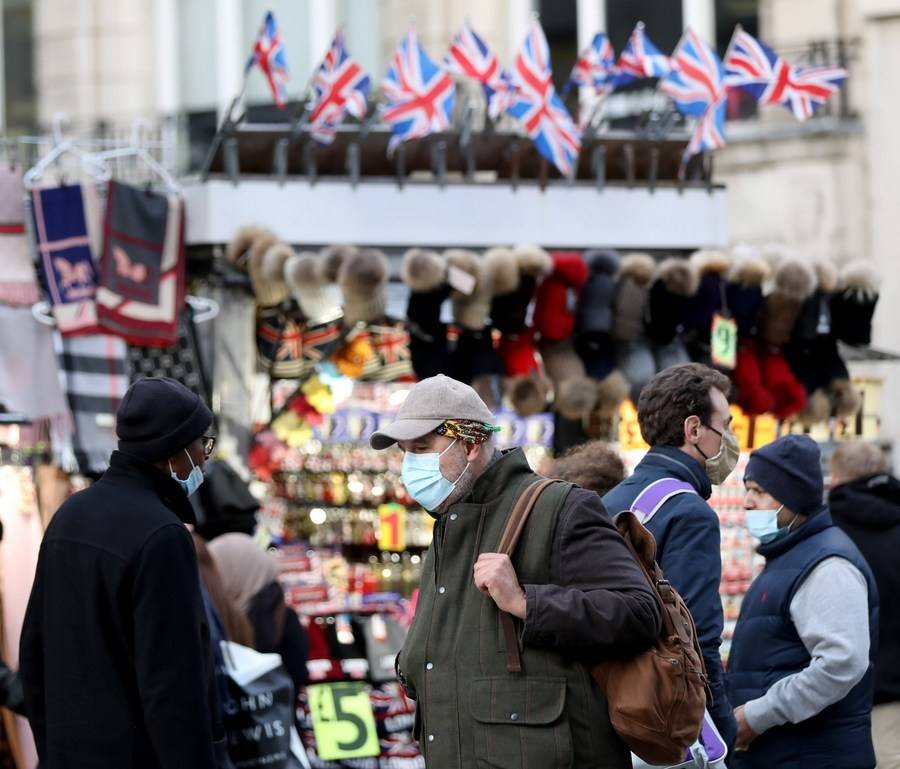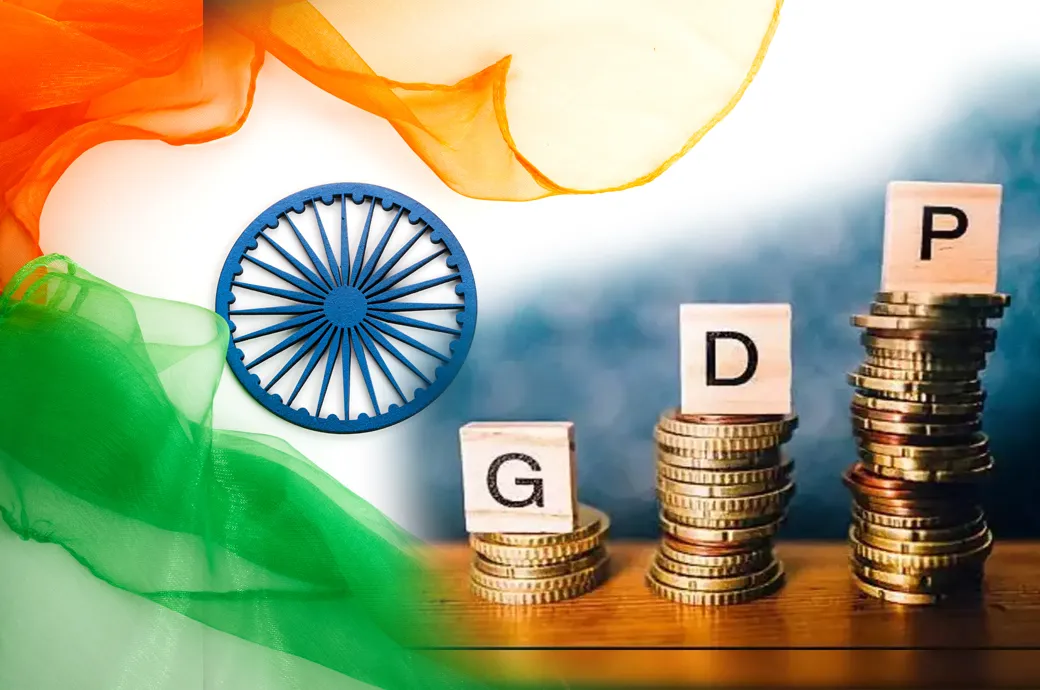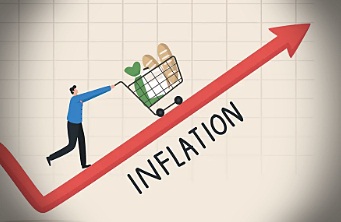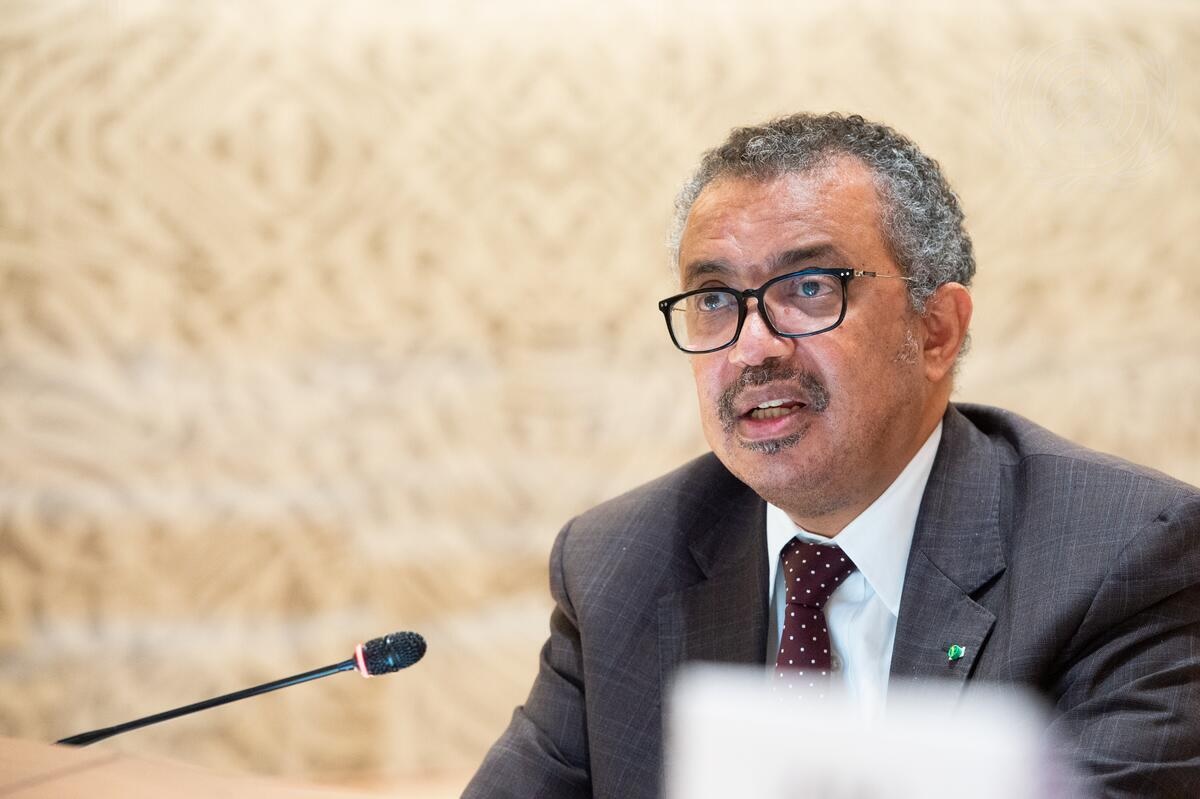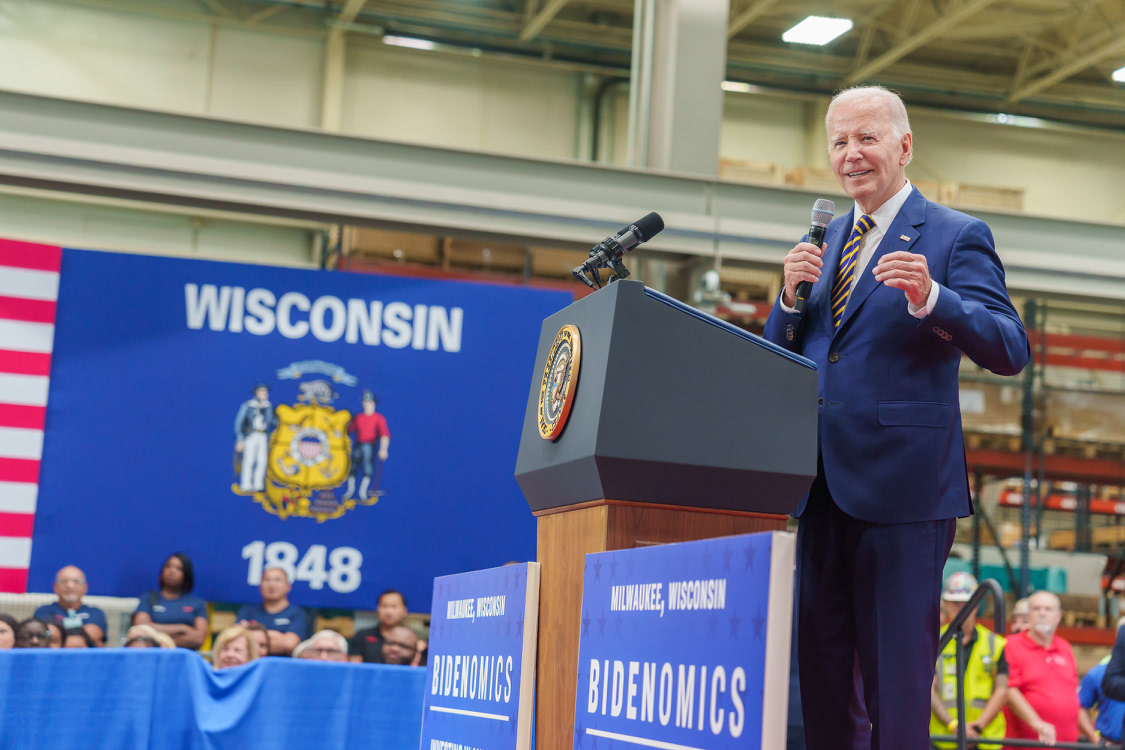There was less encouraging news for core inflation, which strips out volatile items such as fuel and food…reports Asian Lite News
The UK’s annual inflation rate fell sharply to 6.8% in July, from 7.9% in June, as the drop in energy prices over the past year led to the smallest increase in the cost of living since February 2022.
Financial markets had been braced for a marked easing in upward price pressure last month, and the figure announced by the Office for National Statistics (ONS) was in line with their prediction.
Despite the large fall in the consumer prices index (CPI), the government’s preferred measure of inflation, analysts said the outlook was not improving rapidly enough to prevent further interest rate increases from the Bank of England.
The drop in CPI means that for the first time since autumn 2021, prices are increasing less rapidly than wages, which rose by 8.2% year on year in the three months to June, adding to pressure on Bank policymakers to increase rates for a 15th time since December 2021 when they meet next month.
The ONS said the main reason behind July’s fall was that the big jump in gas and electricity bills in the same month last year had not been repeated, although there was a decline in annual food inflation last month to below 15%.
Matthew Corder, the ONS deputy director of prices, said: “Inflation slowed markedly for the second consecutive month, driven by falls in the price of gas and electricity as the reduction in the energy price cap came into effect. Although remaining high, food price inflation has also eased again, particularly for milk, bread and cereal.”
There was less encouraging news for core inflation, which strips out volatile items such as fuel and food. The ONS said this remained unchanged at 6.9% last month. Service sector inflation, closely watched by Threadneedle Street as an indicator of domestically generated price pressure, picked up from 7.2% to 7.4%.
Ruth Gregory, a UK analyst at Capital Economics, said the increase in service sector inflation coupled with strong wage growth meant the Bank was likely to press ahead with another 0.25 percentage point rise in interest rates from 5.25% to 5.50% next month.
“There will be one more labour market and one more inflation release before the Bank of England’s September policy meeting. But with wage growth and services inflation both stronger than the Bank had expected, it seems clear that the Bank has more work to do,” she said.


